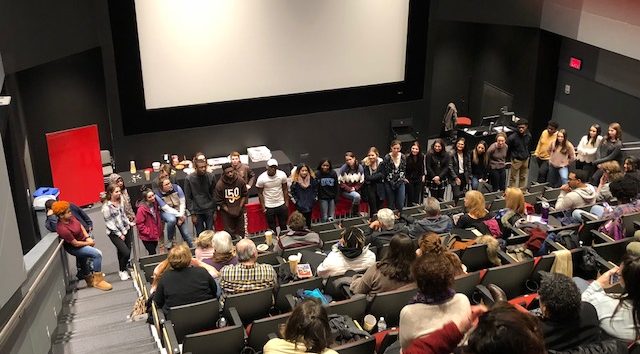Timothy Treadwell’s journey holds some surface-level resemblances to that of a Christopher McCandless; a young man travels alone to Alaska to be around the natural, to live and thrive in the wild. However, the two men were endlessly different, though they may have shared a spirit and lust for adventure. McCandless was focused on the escape, the journey, the road, as well as the wild; Treadwell was a science ambassador, focused on researching the bears in immense detail and making that research readily available to the public.
The most similar aspect of these two young men is how their deaths were perceived. Both Krakauer and Herzog had the power to influence their subjects’ legacies; by writing or filming a biographical documentary, you almost inevitably superimpose your opinions on your subject onto the project.
Both Treadwell and McCandless’ lives became known for their deaths. They were perceived as simply naïve young men with idyllic and almost transcendental views of the natural world, and it was these views that got them killed. This is the storyline of which the public thinks when they hear the names Tim Treadwell and Chris McCandless.
To whatever degree this may or may not be true, it is often all that comes across. Ask someone if they’ve seen Grizzly Man. “Oh, isn’t that about the guy who got eaten by bears?” Ask about McCandless. “Didn’t he die in Alaska because he was unprepared?”
As I discussed earlier in my Grizzly Man post, documentary, in whatever media form, has the impressive power to shape life stories.
